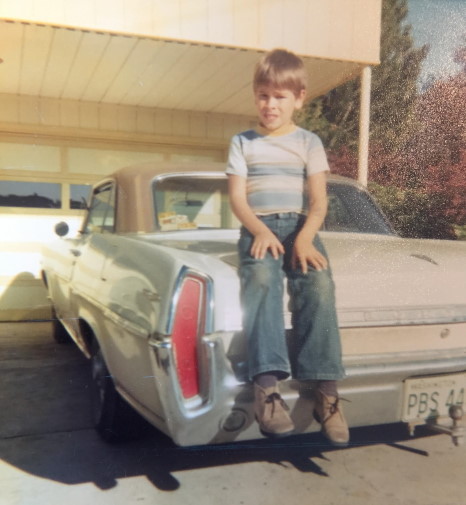I'm not interested in human extinction, because, first, all post-extinction societies are the same; and second, the only plausible scenario for near-term extinction is human transcendence gone bad: we change ourselves, universally, into something we think is better, but it turns out to be much less robust.
The top comment in that thread, by Voidgenesis, speculates that we're now getting ready for a change as big as the change from Neanderthals to modern humans, or from hunter-gatherers to farmers, "though which group of humans does something crazy and succeeds is anyone's guess." I like this idea.
Voidgenesis thinks we're moving toward hypersociality, like how honey bees shifted from being solitary to living in hives. An argument for that prediction would be that recent cultural changes are away from tribalism and toward universal brotherhood. I wonder if we're just shifting from vertical to horizontal tribalism. It's like, when I was in middle school, there was a clear hierarchy of cliques. In high school, all those groups were still there, but they lived in peace, and every group thought they were the best.
But I want to argue that we're becoming less social. First, the internet has already impoverished our deep and close connections, and our shallow and distant connections are unsatisfying and fragile. Now COVID-19 has separated us even more, with large gatherings basically illegal. There's never been a better time to be an introvert.
Meanwhile, under identity politics, you have the right to identify as almost anything, and not have it held against you. This includes identities that didn't exist before, so inevitably we'll have a larger number of smaller tribes, even tribes of one.
And what's up with autism? I think it will turn out that "the autism spectrum" is a bunch of different things, but one of them could be the leading edge of a biological shift to a new kind of human. A classic sci-fi novel on "homo superior" is Odd John by Olaf Stapledon.
I could be wrong about any of these things, as enduring trends. The hardest part of forecasting metamorphosis, is knowing what's the butterfly, and what's the cocoon.
 ]]>
]]>
 ]]>
]]>